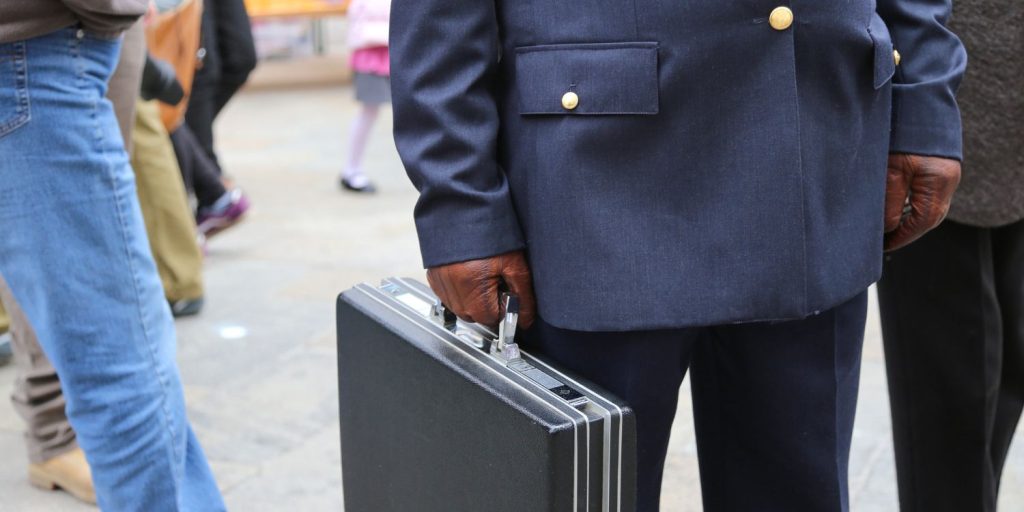As a creditor, repossessing goods from debtors who have fallen behind on payments can seem like an effective way to recoup losses. However, in the UK, seizing goods is highly regulated under consumer credit legislation.
There are strict legal processes creditors and enforcement agents must follow before repossessing items from debtors. This article outlines when you can legally repossess goods without a court order, and the normal procedures for obtaining repossession orders to seize property.
What agreements allow you to repossess goods?
In the UK, you can legally repossess goods when a debtor defaults on certain types of regulated consumer credit agreements. The main types that allow repossession are:
- Hire purchase agreements
- Conditional sale agreements
- Credit sale agreements
These regulated agreements give you the contractual right to recover property if the debtor falls into arrears on payments. You have recourse to recover vehicles, household goods, and other assets a credit agreement covers.
When can you repossess without a court order?
In most cases, a court order is required before seizing goods from a debtor. However, under the Consumer Credit Act 1974, there are some exceptions where you can repossess without a court order:
- If the debtor borrowed less than £25 and owes less than £75 in total under the credit agreement
- If the debtor has paid less than one-third of the total repayable amount
- If the debtor obtained goods through deception or fraud
- If a vehicle is parked illegally on your property
Do bear in mind that while no court order is needed in these situations, you must still follow correct procedures for recovering goods and not act unlawfully. Specialist legal advice is essential to remain compliant.
Obtaining a court order to repossess goods
To repossess goods from a debtor on most regulated credit agreements, you will need approval from the court by obtaining a possession order:
- Issue default notice – Formally demand repayment of arrears within 14 days
- Seek court order – If arrears remain, apply to court for a ‘time order’ allowing recovery of property
- Instruct agent – Allow authorised High Court Enforcement Officer to attend property to seize goods
Courts consider debtors’ circumstances before approving repossession. They may grant more time to repay or change monthly installments if the debtor is particularly vulnerable.
Are any goods protected from repossession?
Yes, certain ‘protected essential household goods’ cannot be taken from debtors facing financial hardship without specific permission from the courts.
Protected goods include beds, cookers, fridges and washing machines. This aims to prevent deprivation and health risks if items are removed.
Disabled debtors may also have medical goods like wheelchairs protected, which similarly cannot be seized without advance court approval.
When can cars be repossessed without a court order?
Cars bought under hire purchase, conditional sale or credit sale agreements can potentially be repossessed without a court order in limited circumstances:
- If the debtor has paid less than one-third of the total amount payable for the car
- If the car was obtained through fraud
- If the car is parked illegally – for example, on your property or land without consent
Outside of these exemptions, a court order will be required to lawfully seize cars and vehicles when finance or car loans have been provided under regulated agreements.
Even with the court’s permission, repossession agents will still need to follow strict protocols concerning recovery and removal of vehicles. This includes not breaching the peace, acting proportionately, and avoiding property damage.
Specialized agents can employ methods like wheel clamping once a possession order is granted to securely remove vehicles in a safe, regulated manner. Its crucial creditors appoint certified enforcement officers rather than acting unlawfully independently.
Who conducts repossessions?
Legally seizing property from debtors is extremely sensitive, so repossessions should only be conducted by specialist certified enforcement agents acting lawfully on your behalf as the creditor.
High Court Enforcement Officers receive extensive training and authorisation to gain lawful, forcible entry to debtors’ property to recover goods when the court permits it.
Appointing qualified enforcement professionals like Able Enforcement Services ensures repossessions adhere stringently to regulations and minimises risks to agents or debtors during the recovery process. This offers protection to all parties should disputes arise.
Conclusion
Repossessing goods from debtors can seem an appealing way for creditors to obtain payment. However, UK law sets out strict protocols concerning debt recovery and repossessing property, which creditors and enforcement agents must comply with fully.
Save when specific Consumer Credit Act exemptions apply, regulated credit agreements require court orders before forcibly seizing debtors’ possessions.
Failure to adhere to repossession regulations leaves creditors and agents open to legal challenges. So specialist legal and enforcement support is essential.
Contact our team today with any questions, or to organise a legal, efficient service.




Comments are closed.